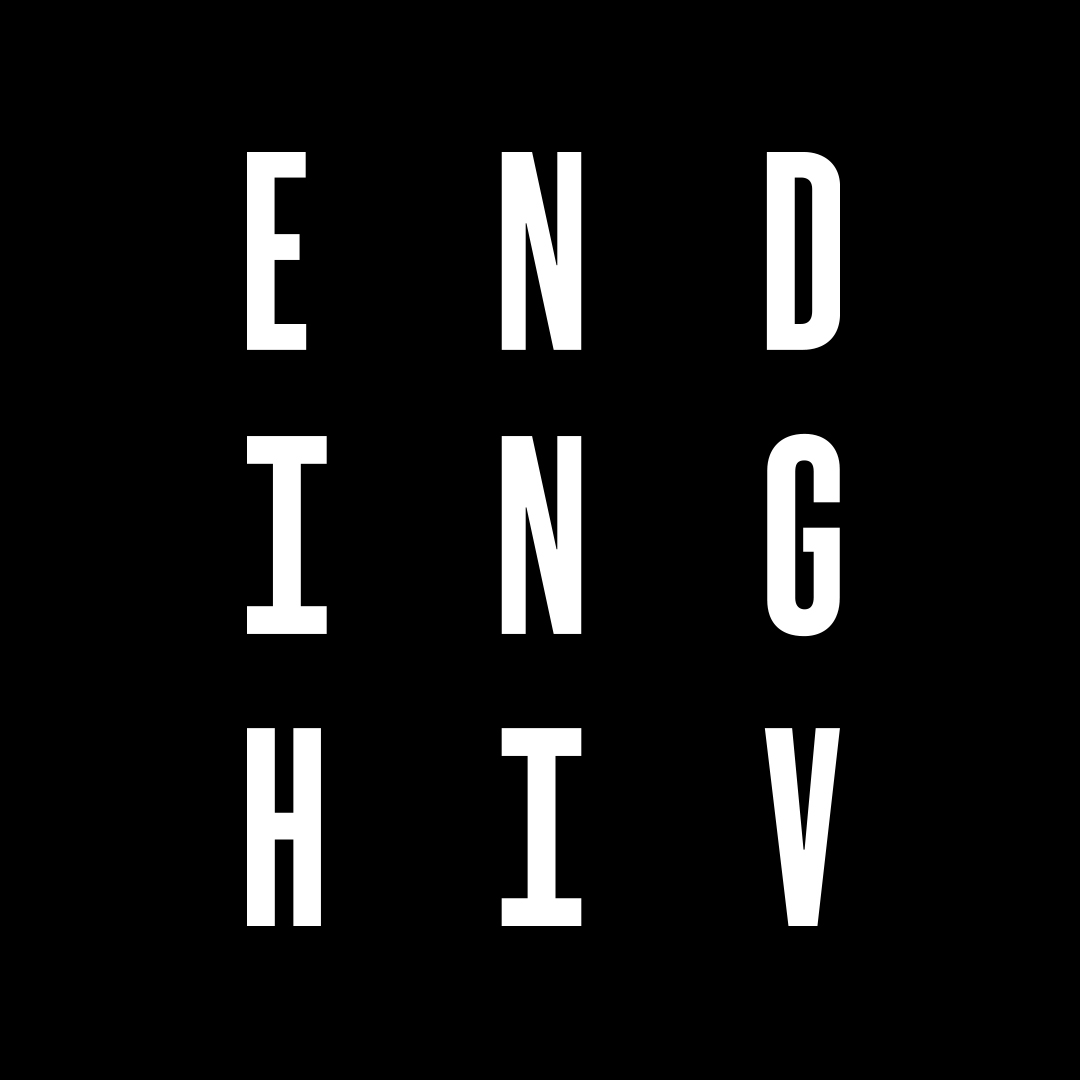5 types of condoms you probably haven’t heard of
While we are all familiar with latex condoms, there are still a few types of condoms that perhaps most of us have never seen or heard of before. Some of these condoms shouldn’t be considered as an alternative to latex condoms as their effectiveness in STI prevention may be limited. Let’s take a look at them!
1. Vegan Condoms
(UPDATED) Did you know that most conventional condom brands contain a substance called casein, which is milk derived, and used in the processing of rubber latex? “Sustain” have created animal matter-free condoms which are eco-friendly; being produced in a factory powered by solar panels and having won awards for water conservation.
2. Lambskin Condoms
Lambskin condoms are considered to be one of the first types of barrier birth control methods; their use dating back to the Roman Empire. Made from a thin layer of sheep cecum, a part of the intestine and despite having a ‘natural feel’, these condoms are not very effective in preventing infections.
3. Polyurethane Condoms
Polyurethane condoms are usually thinner, stronger and less constricting than latex condoms and an alternative for guys that are allergic to traditional latex condoms. They transmit heat better, which can help to increase pleasure. Polyurethane condoms also tend to be more expensive than latex condoms.
4. Spermicidal Condoms
Spermicidal condoms contain Nonoxynol-9, the substance used in many brands of condoms, lubricants and creams as extra protection against STI’s, however recent studies have shown that Nonoxynol-9, may strip the inner lining of the rectum during anal sex, making it more prone to abrasions and open wounds. This can pose serious health risks as tears in the rectal area increase the chances of contracting HIV.
5. Condometric Condoms
Condometric is the world’s first condom that actually measures and shows off the penis’ length. Condometric helps us flaunt what we’ve got.
Condoms remain the most effective barrier against HIV and other STIs, and they’re available for free at various locations across Sydney. Learn more about condoms here! Remember staying safe is crucial if we are to end HIV transmissions by 2020! If you have any questions or comments, leave them in the comment box below!
